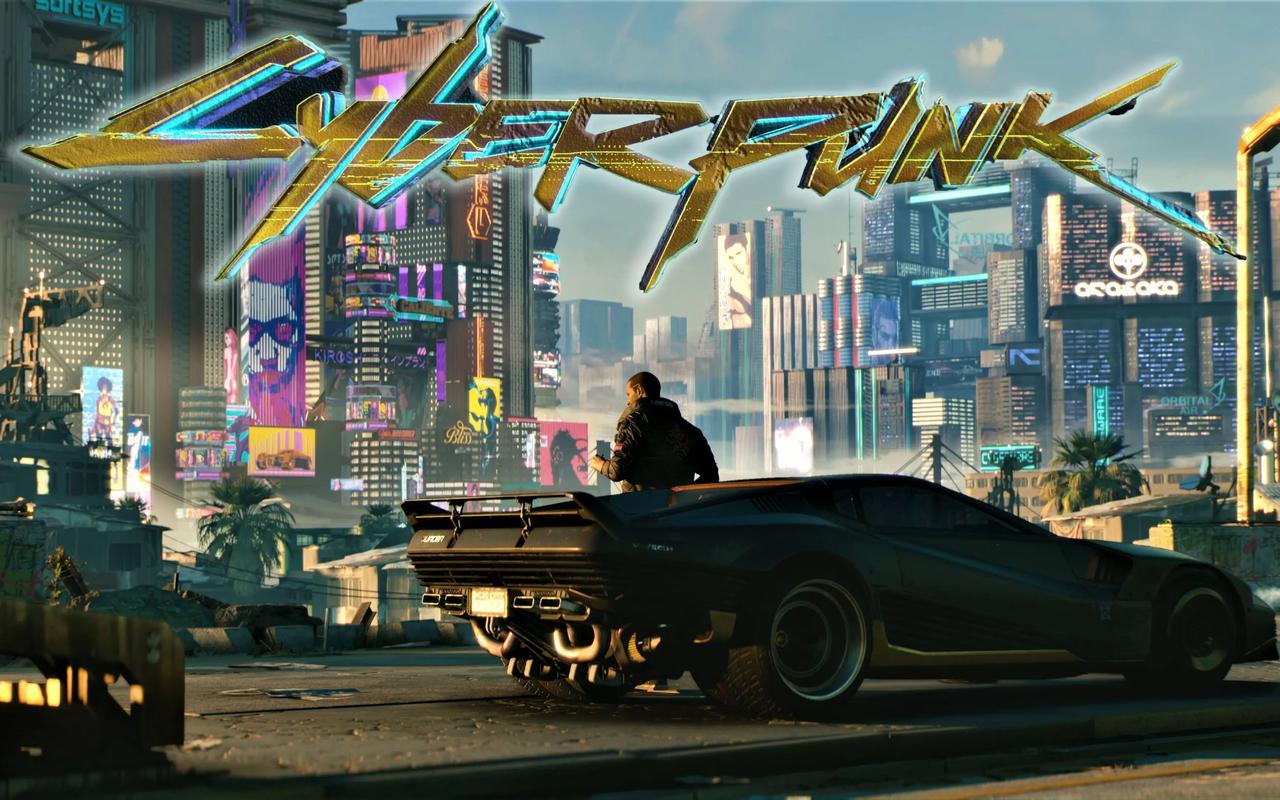Arcane Score: The Unseen Architect of League of Legends' Adaptation Impact
When Arcane exploded onto the streaming scene in 2021, the discourse was immediate and effusive. Critics and audiences alike marveled at its stunning animation, a unique fusion of painterly 2D aesthetics and cutting-edge 3D technology. They praised its mature, character-driven narrative, a dramatic departure from the often-impenetrable lore of its source material, League of Legends. Yet, beneath the visual spectacle and intricate plotting, an unseen architect was meticulously shaping every emotional beat, every thematic undercurrent, and the very soul of Piltover and Zaun: the score. Composed by Alexander Temple and Alex Seaver, the music of Arcane is not merely an accompaniment; it is the foundational element that transformed a video game adaptation into a resonant cultural phenomenon, bridging the gap between player and viewer with profound emotional intelligence.

The primary challenge for any adaptation is to welcome the uninitiated while rewarding the faithful. League of Legends boasts a massive player base, but its narrative is largely environmental, told through in-game voice lines, short stories, and character biographies. For new viewers, Piltover and Zaun are entirely new worlds. The score acts as the essential guide, immediately establishing the show’s central dichotomy. The music for the gleaming, opulent city of Piltover is often characterized by soaring, orchestral arrangements, elegant classical motifs, and a sense of awe and order. It employs grand strings and brass to evoke progress and privilege. In stark contrast, the undercity of Zaun is scored with a gritty, industrial, and electronic soundscape. Distorted synths, pulsing basslines, mechanical rhythms, and haunting, intimate vocals (often by artists like Bea Miller) create a sense of claustrophobia, innovation born of desperation, and raw, untamed emotion. This auditory world-building is immediate and effective, allowing the audience to feel the class divide before a single line of dialogue is spoken.
However, the score’s true genius lies in its deep, character-specific leitmotifs. These are not simple themes but evolving musical identities that mature alongside the characters, serving as an internal monologue and a narrative device in their own right. The most poignant example is the theme for sisters Vi and Powder/Jinx. Their childhood is underscored by a tender, music-box melody—fragile, innocent, and full of a wistful nostalgia. This motif, often heard on a celesta or music box, represents their lost bond and the innocence shattered in the aftermath of the explosion in Episode 3.
As the narrative splits, so do their musical identities. Vi’s journey into the brutal prison system is scored with aggressive, percussive tracks that mirror her hardened exterior, but her motif often resurfaces in moments of vulnerability, reminding us of the compassionate sister buried beneath the rage. For Jinx, her theme undergoes a terrifying and brilliant corruption. The innocent music-box melody is progressively twisted, layered with glitchy electronic effects, off-kilter rhythms, and dissonant harmonies. It becomes a auditory representation of her fractured psyche. In the finale, during the heartbreaking dinner scene, the composers masterfully weave the original, uncorrupted motif with its distorted version, creating a devastating soundscape of the internal war between the lost child Powder and the chaotic weapon Jinx has become. This musical storytelling provides a psychological depth that visuals alone could never achieve.
Furthermore, the score masterfully subverts a common trope in adaptations: the direct use of pre-existing game music. Rather than relying on the well-known tracks from the League of Legends login screens or in-game maps, Temple and Seaver opted for a more subtle and powerful approach. They deconstructed and re-contextualized sonic elements. The most famous example is the track “Get Jinxed,” originally an upbeat, pop-anime theme song for the champion’s release. In Arcane, its iconic bassline is stripped down, slowed, and woven into the score during key moments of Jinx’s chaos, creating a chilling Easter egg for players that feels entirely organic to the show’s darker tone. This approach respects the source material without being enslaved by it, using familiar sounds as emotional anchors for longtime fans while ensuring new viewers experience a cohesive and original work.
The impact of Arcane’s score extends far beyond the boundaries of the show itself. It has set a new benchmark for what music can achieve in animated series and video game adaptations. It demonstrated that a score could be both commercially successful, with its soundtrack album achieving critical and popular acclaim, and narratively indispensable. It proved that music could carry the emotional weight of a decade of gameplay history and translate it into a universal human story of family, trauma, and societal conflict.
In conclusion, while the visual artistry of Arcane rightfully garners immense praise, its score is the silent, potent force that truly unlocked its transformative power. Alexander Temple and Alex Seaver composed more than just background music; they composed the show’s emotional core. By building immersive worlds through sound, crafting leitmotifs that breathe with their characters, and intelligently weaving the legacy of League of Legends into a new sonic tapestry, they ensured that the adaptation’s impact was not just visual or narrative, but deeply, profoundly visceral. The score of Arcane is the key that unlocked Piltover and Zaun for millions, transforming pixels and lore into a symphony of heartbreak and revolution. It is the unseen architect of one of the most impactful adaptations of our time.














